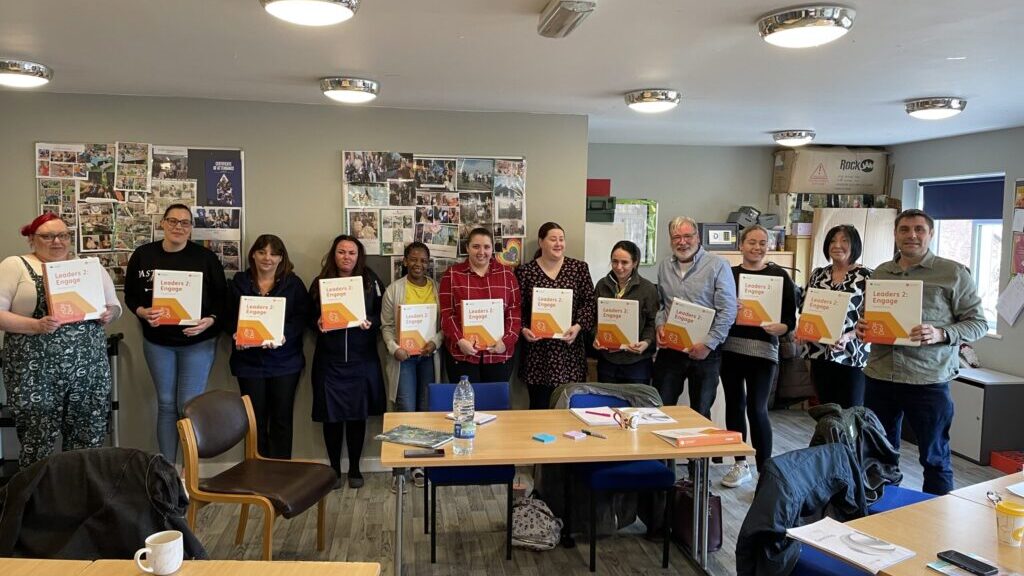Digital dementia training improved quality of life for care home residents during Covid-19
A digital training programme delivered during Covid-19 substantially improved the quality of life of people living with dementia in care homes, research has found.
Led by the University of Exeter and King’s College London, and funded by UK Research and Innovation (UKRI), the iWHELD programme, which featured live coaching sessions led by trained coaches, supported homes during the Covid-19 pandemic to enhance care and share best practices among peers.
Joanne McDermid, creator of the iWHELD platform and lead author of the paper, said: “In response to the unfolding global pandemic, iWHELD was created as a ground-breaking, first-of-its-kind solution, placing care staff and people living with dementia at the heart of support for care homes and nursing homes. iWHELD leverages digital innovation to bring together stories, ideas, and communities. It’s the first programme to provide an effective, evidence based, affordable and scalable solution that can address the needs of care and nursing homes and critically, to improve the lives of the people with dementia.”
The trial, which was delivered to staff supporting more than 700 residents with dementia across 149 residential homes in the UK, found particular benefits in residents who contracted Covid-19, those who showed signs of agitation when the study began and those taking psychiatric medications.
Katie Ives, manager of Stonebow House care home in Worcestershire, who took part in the iWHELD training along with her management team, said: “We all really enjoyed it, and it’s made a huge difference to some of our residents. As part of the training around personalised care, we’ve realised we need to change our approaches and even our demeanours to communicate effectively with residents – so if someone is quite reserved, being very bubbly is less effective and relatable to that person. We’ve always tailored our approach to residents, but now we offer a wider variety of activities and clubs to suit people’s interests in their lives, and we’re seeing some residents spend more time in communal areas and less time in their rooms as a result.”



